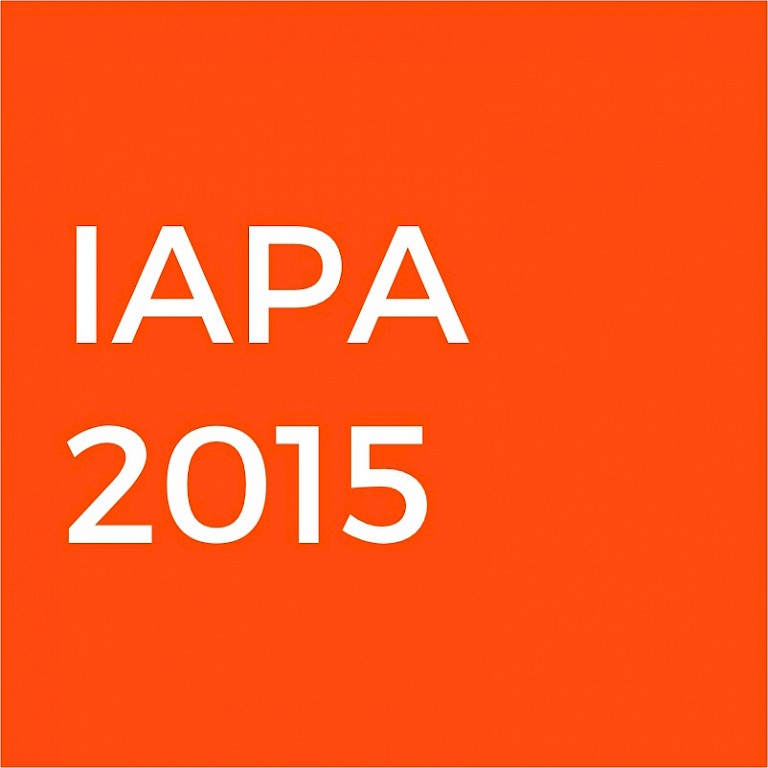



For the artists, Kristina Leko and David Smithson, deep engagement with the local community is fundamental to their practice. Their work can be characterized as relationally or dialogically oriented, meaning that workshops and conversations are their artistic medium. Workshops for the original commission involved the participation of 25 elderly Kattenburg residentswhocollaborativelywrote texts narrating the island’s history. This history included stories of the families of harbor workers, who had inhabited the island for over two centuries, particularly accounts of how these families had to fight for over two decades to remain on the island, after its redevelopment in the 1960s. The proposed arch was intended as a celebration of the working-class roots and activist struggles of the community.
The sudden cancellation of the project was shocking not only to the Kattenburg inhabitants, but also to the commissioners and the Wiseguys curatorial team. The project’s participants organized themselves to lobby the city administration, insisting on the realization of the project in some form. As the result of difficult negotiations lasting over a year, a new plan was proposed to integrate the narratives into the framework of an already-existing neighborhood complex or “centrum.” The curatorial team secured financial support from the city housing corporation as well as from Amsterdam Art Funds. Notably, the city administration itself contributed funds towards the new project.
Kattenburger Triumphal Arch is an outstanding example of collective creativity; the level of sustained engagement of the participants is commendable. It shows how a community, in close partnership with artists, is able to respond to unexpected challenges and engage in difficult negotiations with politicians and city agencies. The community’s claim on the project produced real outcomes for the constituency in question, in this case, the realization of a site-specific monument. The project also has a poetic dimension. As a monument to the island’s history of social activism, it realized itself through social activism.
The artists consider the project highly successful since it not only realized a public work despite adversity, but also because it resulted in enduring friendships between participants and the artists. Leko explains how she evaluates a project’s success: “If I made several good friends, then the quality of the art is good. In the case of Kattenburg, I would say that we made quite a few friends. This friendship is a mutual respect based on the experience of the artwork (production and perception).” In art theoretical terms, this asserts that the quality of relationships developedis a reliable indicator of the artistic excellence of a dialogical intervention, a most reasonable claim.
All copyright belongs to Shanghai Academy of Fine Arts, Shanghai University.



